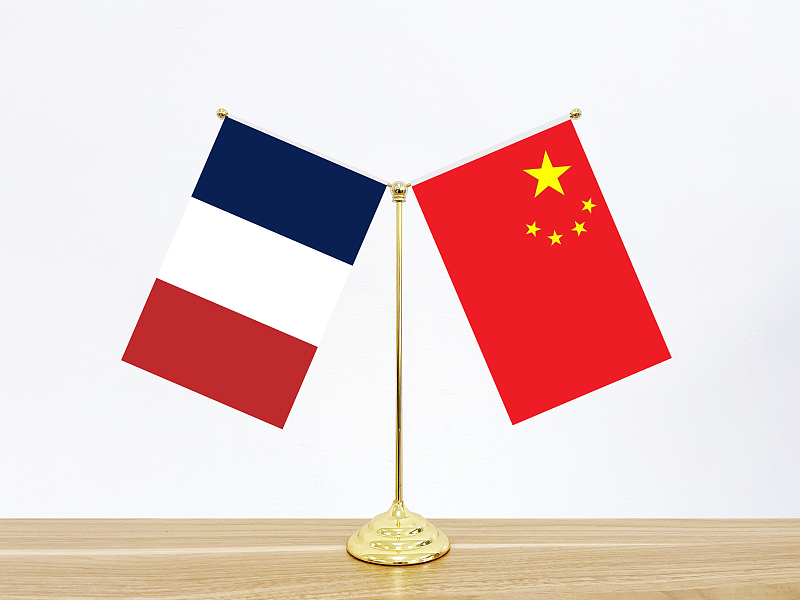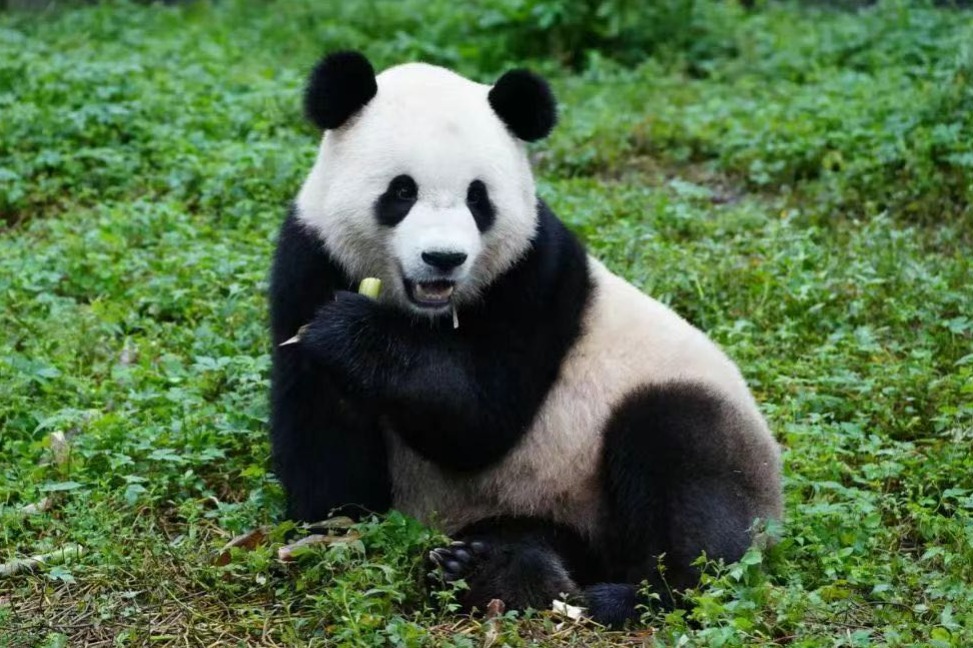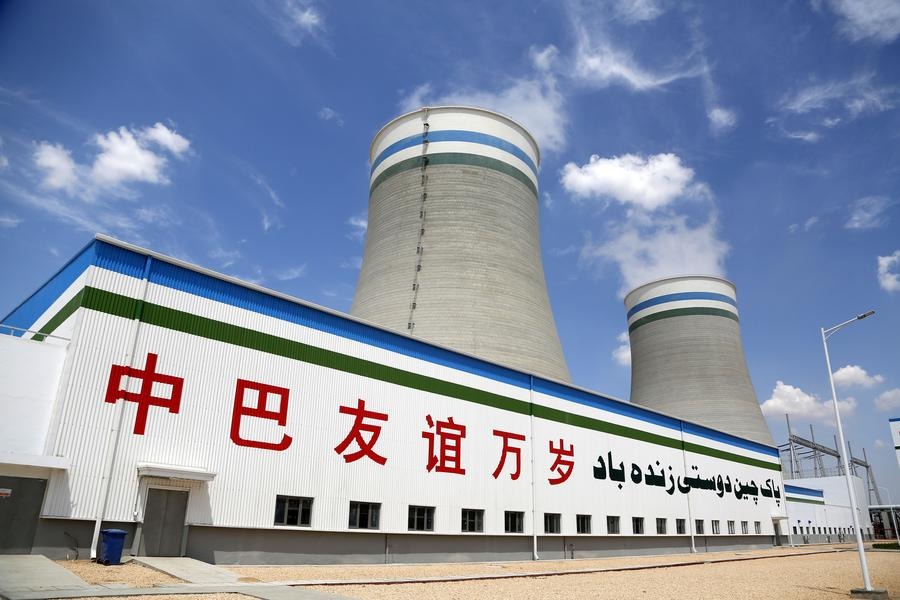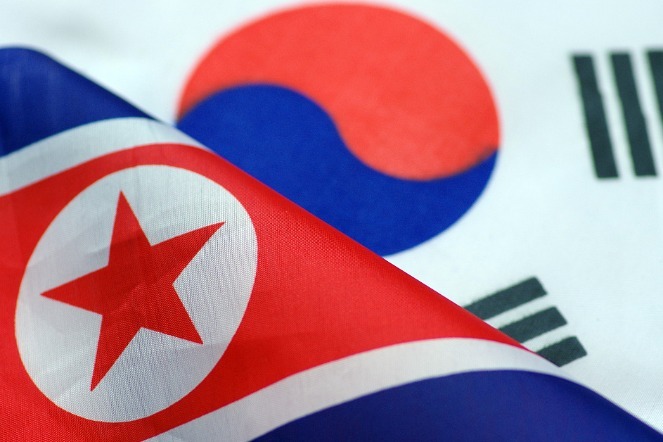Sino-French partnership provides basis for more coordination with EU: China Daily editorial


French Foreign Minister Stephane Sejourne's visit to Beijing on Monday heralds closer exchanges and stronger cooperation between Paris and Beijing. As indicated by the topics covered in his meetings with Chinese Premier Li Qiang and Foreign Minister Wang Yi, ranging from the economy and trade to the Ukraine crisis, there are many issues on which the two countries share a desire for coordination.
Sejourne's visit is his first trip to China since he took office in January, but the second by a French foreign minister in less than six months, as his predecessor Catherine Colonna visited China in November. Premier Li visited France in June last year and Foreign Minister Wang paid a visit in February this year. The frequent interactions between the two sides demonstrate the importance they attach to bilateral ties, as well as their common interest in strengthening their cooperation.
Despite the strategic mutual trust between Paris and Beijing, France's top diplomat and his Chinese hosts have gone to great lengths to reassure each other of their positions on sensitive issues — that France is not pursuing economic "decoupling" and China's stance on the Ukraine crisis, as set out in its position paper, is clear and has not changed.
That they felt the need to do so only serves to show the extent to which the two Washington-orchestrated issues have exacted a toll on international relations.
The interests of France and China align with each other due to their economic complementarity and shared belief in free trade, globalization, multilateralism and the UN-centered international system. That should apply to the European Union as well.
That being said, it's encouraging to hear Sejourne reaffirming that Europe is not becoming protectionist and, instead, remains open to investment. It is to be hoped, as both Premier Li and Foreign Minister Wang stressed, that the EU side can provide a transparent, nondiscriminatory and fair business environment for Chinese enterprises and investment. Wang also told Sejourne that China is willing to import more "high-quality French products and services" and it is working to resolve the concerns raised by European companies, including restrictions on the transfer of data overseas. That China and the EU should have differences from time to time is natural, but any disputes that arise can be resolved and they should never be allowed to hijack the overall Sino-EU economic ties.
This year marks the 60th anniversary of the establishment of diplomatic relations between China and France, and the 21st anniversary of the founding of comprehensive strategic partnership between China and the EU. China and the EU have great potential to tap in such fields as green energy, scientific and technological innovation, advanced manufacturing, artificial intelligence and the digital economy while deepening traditional cooperation to better achieve mutual benefit and win-win results.
China supports a political solution to the Ukraine crisis at an early date and is taking full advantage of its neutrality on the issue to actively work together with all like-minded countries to help broker talks between the conflicting parties, as shown by the latest shuttle diplomacy of China's envoy that concluded at the end of last month.
If the EU, as a whole, can uphold the strategic autonomy that France has demonstrated in dealing with China-related issues, and remain open to communication, it can effectively enlarge the space for cooperation and coordination with China in the world market as well as on the world stage.
As Premier Li pointed out, an "absence of cooperation" and the failure to develop endogenous technology "are the biggest risks" that the EU should beware of. The past decades have proved and will continue to prove that China constitutes opportunities to Europe, rather than risks. The two sides are partners not opponents, and they should work together to strengthen cooperation and promote common development.




































